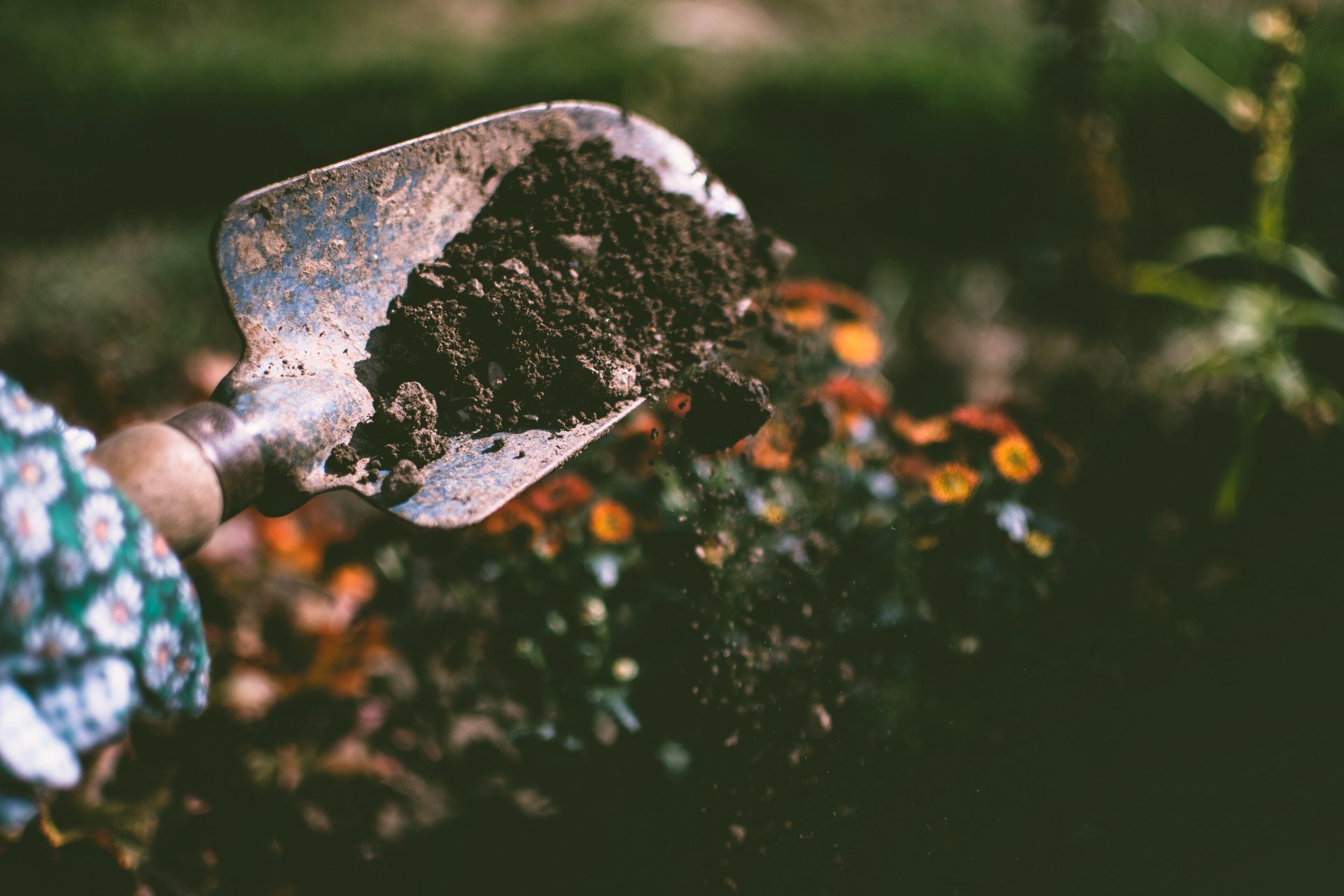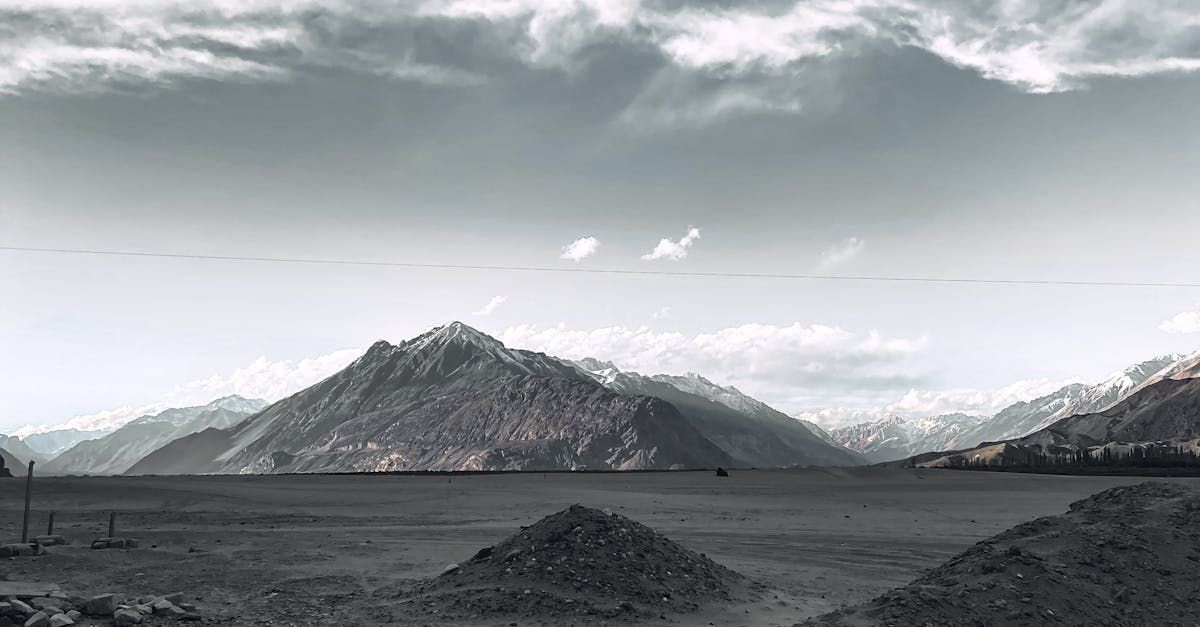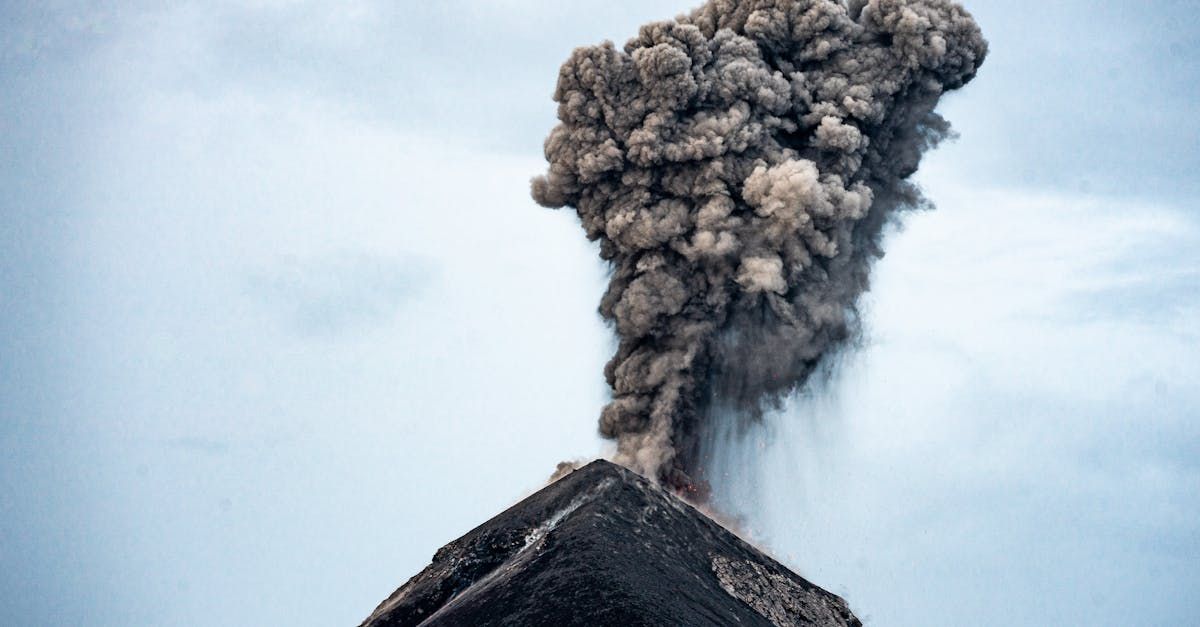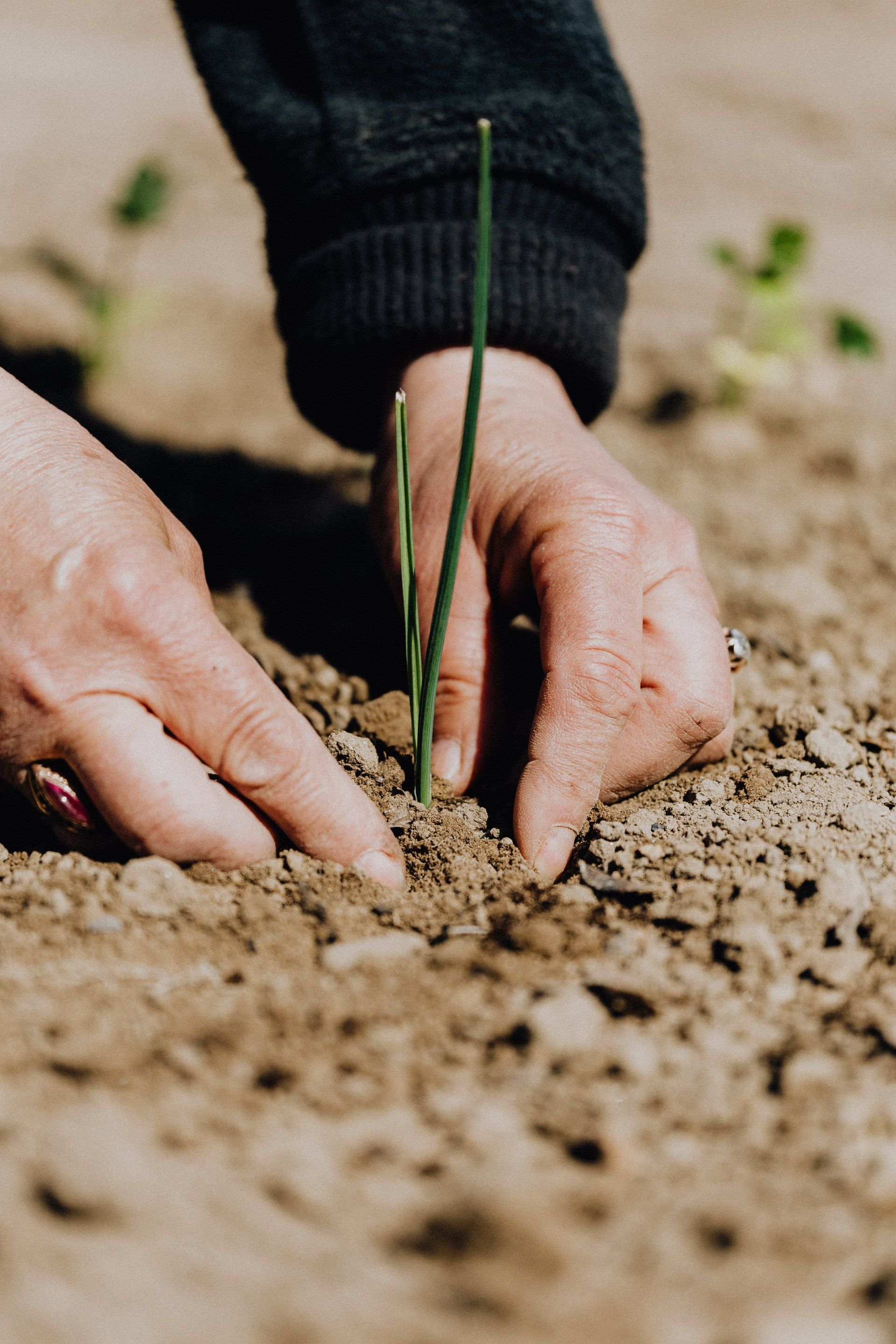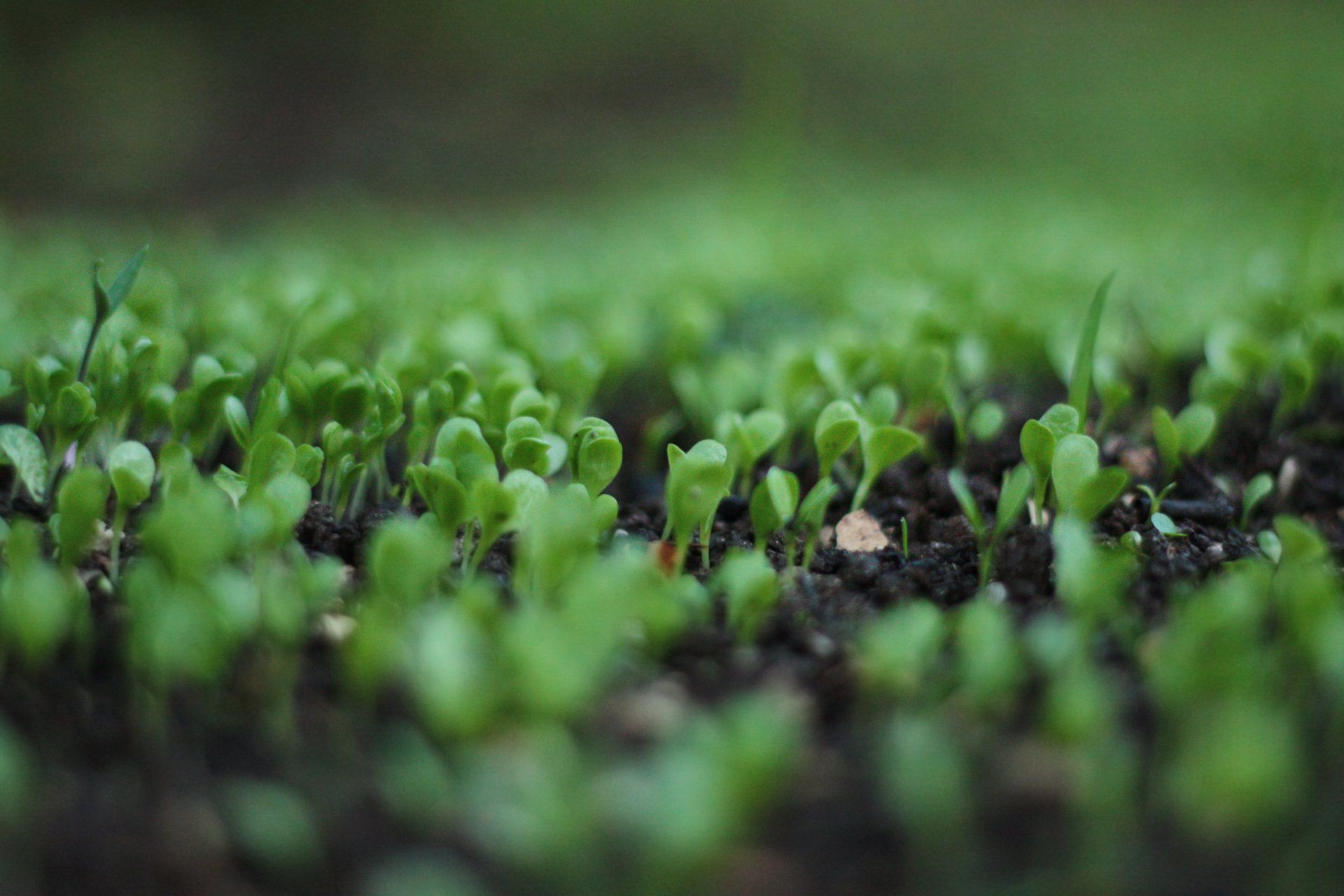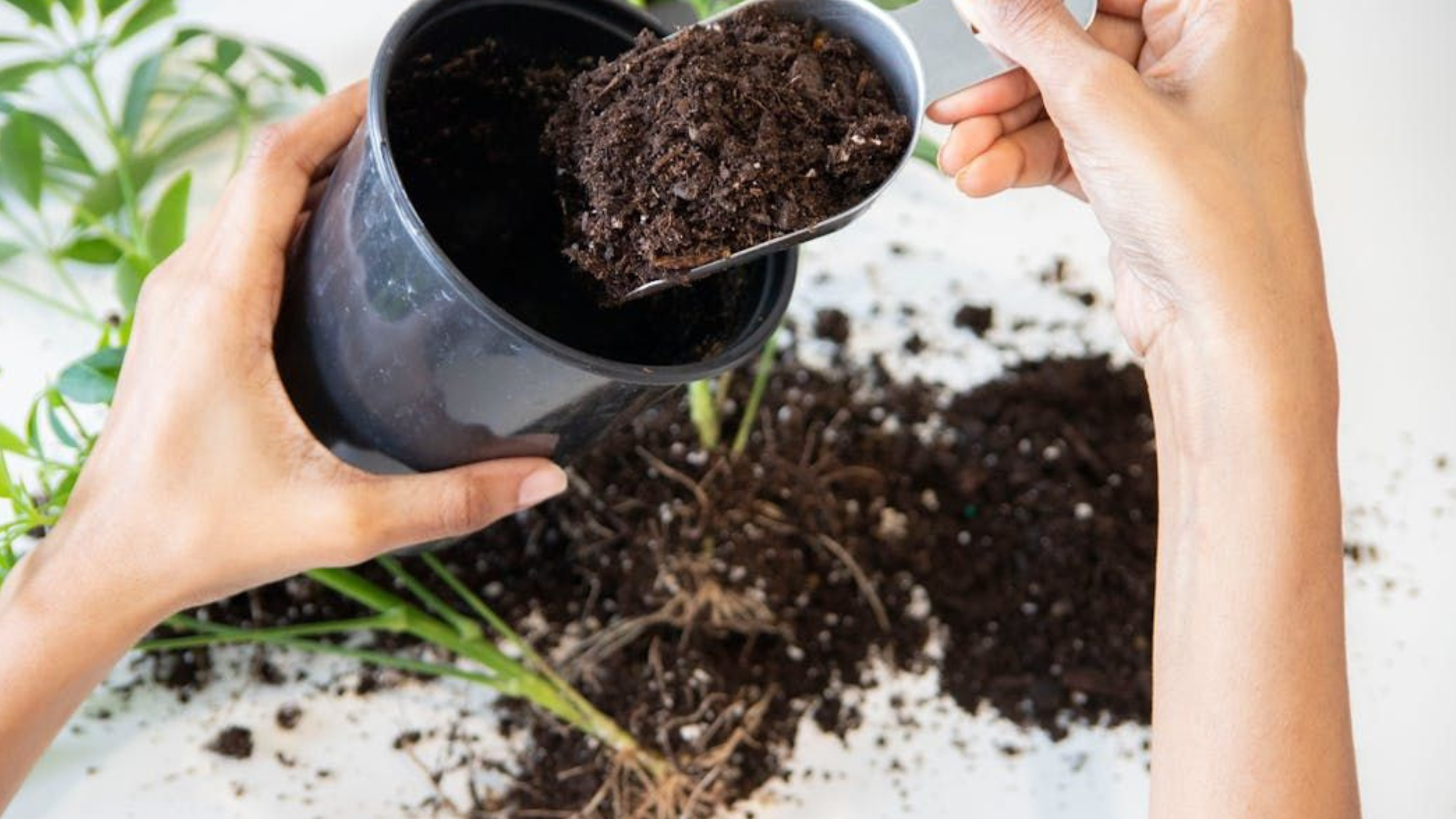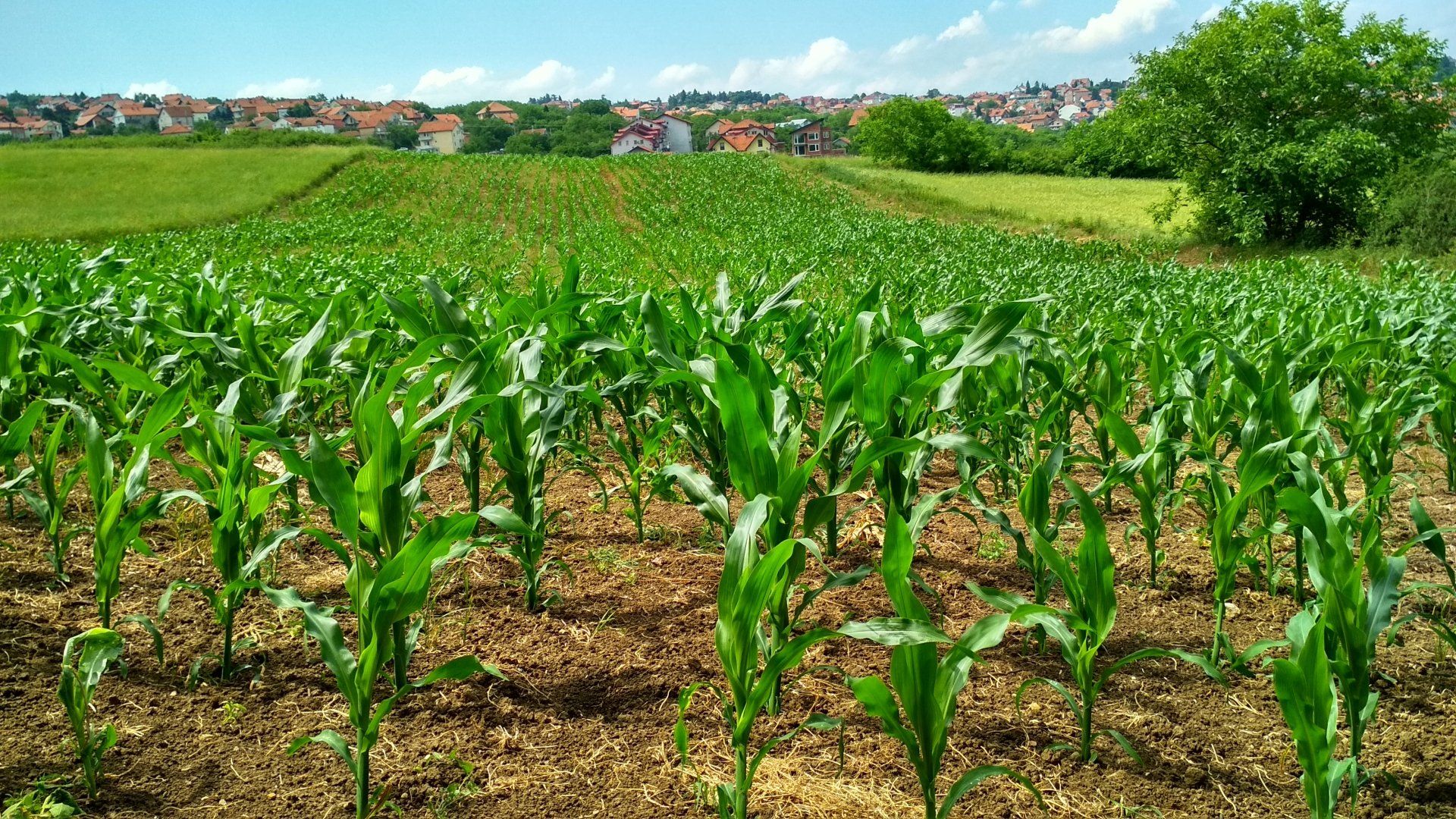Tribal stewardship
Honoring Indigenous Stewardship for a Sustainable Future
Honoring care for Mother Earth requires renewable, sustainable, and adaptable solutions. The pressing threats to shared life forces—air, water, soil, and energy—demand a harmonious balance of stewardship and innovation. For millennia, Indigenous Peoples have upheld this balance, leading efforts in land restoration, biodiversity preservation, and climate resilience, serving as the first guardians of ecosystems.
Efforts to address critical environmental challenges focus on restoring balance to natural systems. These include improving water quality through natural water filtration solutions, enhancing soil health with mineral-based amendments and bioremediation techniques, and mitigating pollution while reducing the harmful impacts of waste at the root of climate issues using Organic Materials Review Institute (OMRI)-certified solutions. Such practices rebuild soil structure, protect waterways, and establish a foundation for long-term ecological and community health.
Collaborative partnerships with tribal communities extend beyond environmental solutions to include opportunities that recognize and respect sovereignty while fostering shared benefits. By uniting, tribes take a leadership role in advancing innovative practices rooted in traditional ecological knowledge. The benefits create pathways that align with tribal values and support community-led initiatives that strengthen long-term environmental stewardship and economic sustainability.
Beyond remediation, partnerships support climate-forward initiatives such as carbon capture, sustainable agriculture, and ecosystem services research. Sustainable change is guided by principles of respect for sovereignty and traditional ecological knowledge. This ensures alignment with cultural values and Indigenous stewardship practices.
Science confirms the urgency of these solutions and the necessity to regenerate ecosystems. The integration of innovative solutions with the wisdom of Indigenous Peoples transforms conventional approaches into solutions rooted in respect, reciprocity, and resilience—paving the way for a thriving planet for future generations.



